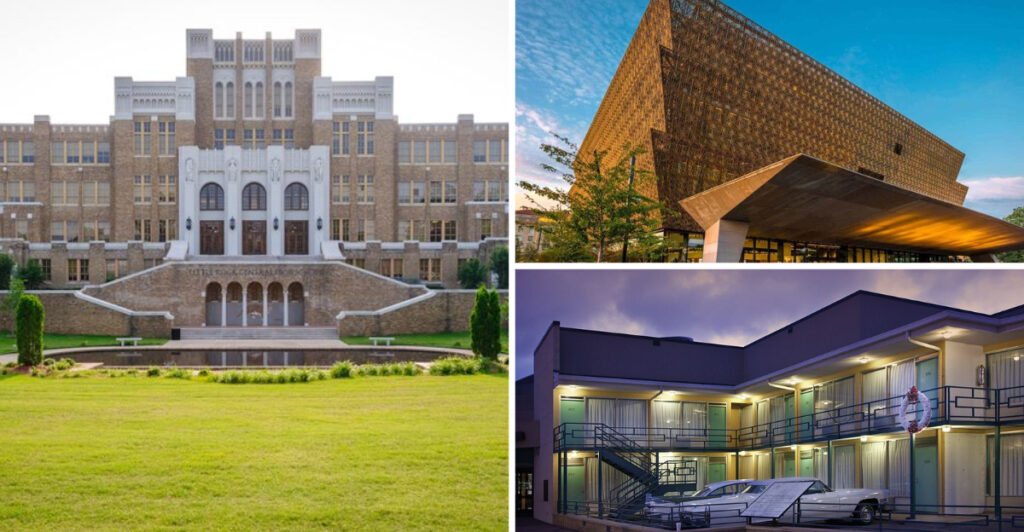Exploring civil rights landmarks presents a profound opportunity to reflect upon the struggles and triumphs that have shaped our society. From monuments of historical protests to centers dedicated to iconic leaders, each site offers unique narratives and insights into the quest for equality and justice. Visiting these places allows one to walk in the footsteps of history, gaining a deeper appreciation for the progress achieved and the work still needed. This journey through 17 significant sites reveals the resilience, courage, and enduring spirit that define the civil rights movement.
1. The National Civil Rights Museum

Standing at the Lorraine Motel in Memphis, Tennessee, the National Civil Rights Museum invites you into a pivotal moment in history. The museum chronicles the American Civil Rights Movement through immersive exhibits, personal stories, and interactive displays. The somber wreath marks the balcony where Martin Luther King Jr. was assassinated, offering a stark reminder of the movement’s sacrifices.
Walking through the museum, one can’t help but feel the weight of history, the echoes of voices fighting for justice and equality. It is a place of reflection and learning, where the past meets the present.
2. Selma-to-Montgomery National Historic Trail

Crossing the Edmund Pettus Bridge in Selma, Alabama, the Selma-to-Montgomery National Historic Trail commemorates the 1965 marches for voting rights. These marches played a crucial role in raising awareness and catalyzing legislative change, resulting in the Voting Rights Act.
Along the trail, visitors encounter informative plaques and markers that tell the story of courage and determination against racial injustice. The bridge stands as a symbol of resilience and the struggle for equality, a powerful reminder of the movement’s impact. Walking this trail connects us to a pivotal chapter in history.
3. The Martin Luther King Jr. Center for Nonviolent Social Change
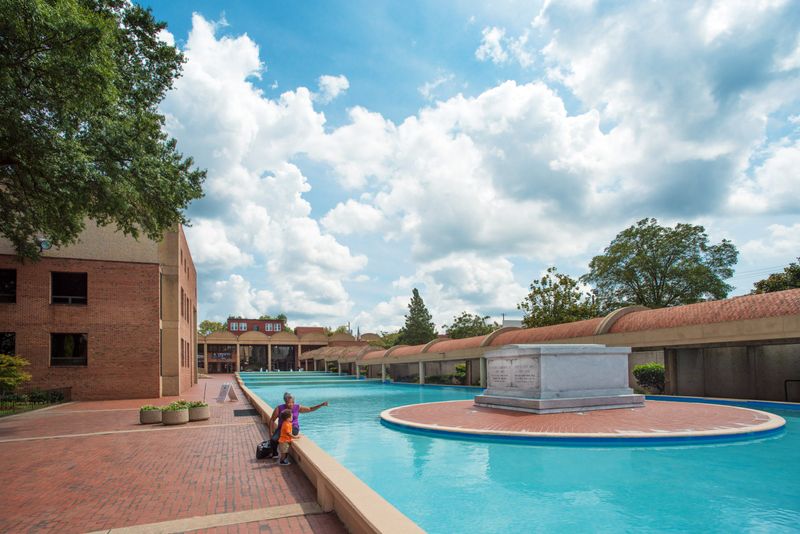
In Atlanta, Georgia, the Martin Luther King Jr. Center for Nonviolent Social Change serves as a beacon of Dr. King’s legacy. Established by Coretta Scott King, the center promotes his teachings through various programs and exhibitions.
Visitors can pay respects at Dr. King’s tomb, surrounded by a tranquil reflecting pool. The center’s exhibits explore his life’s work, emphasizing nonviolent activism and the quest for justice. This place offers inspiration and education, continuing Dr. King’s dream for a peaceful, equitable society. It stands as a testament to his enduring influence.
4. The Birmingham Civil Rights Institute
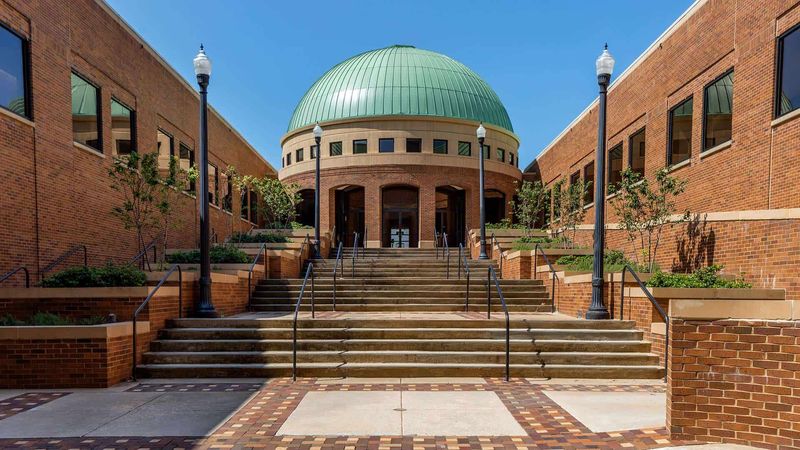
Nestled in downtown Birmingham, Alabama, the Birmingham Civil Rights Institute immerses visitors in the city’s pivotal role in the civil rights movement. Its exhibits cover the movement’s history, from segregation struggles to triumphs in equality.
The institute’s displays are both educational and emotional, featuring personal accounts, artifacts, and multimedia presentations. Each visit encourages reflection on past injustices and ongoing efforts for social justice. It serves as a reminder of Birmingham’s historic significance and the enduring fight for civil rights, leaving a lasting impression on its visitors.
5. The Little Rock Central High School National Historic Site
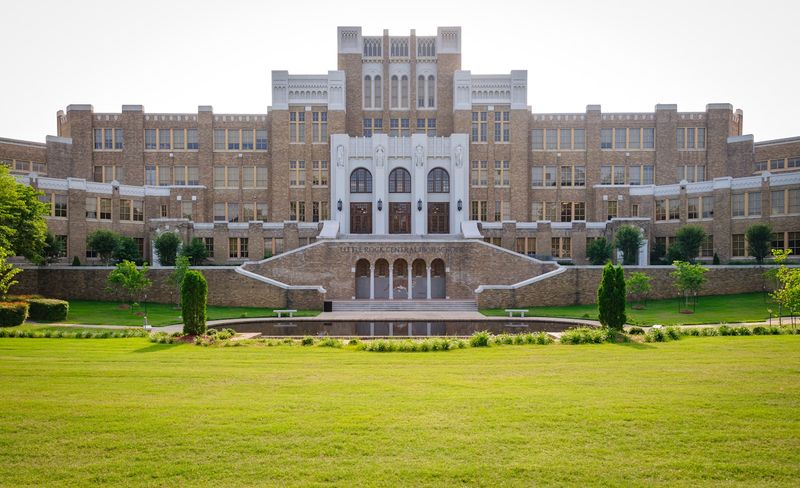
Little Rock Central High School in Arkansas stands as a symbol of desegregation and courage. In 1957, nine African American students, known as the Little Rock Nine, faced hostility as they integrated the school under federal protection.
Today, the site features a visitor center and exhibits that detail this significant moment in history. The students’ bravery in the face of adversity is celebrated here, highlighting the broader struggle for educational equality. This historic site offers a poignant look at the challenges and successes of the civil rights era, inspiring future generations.
6. The Rosa Parks Museum
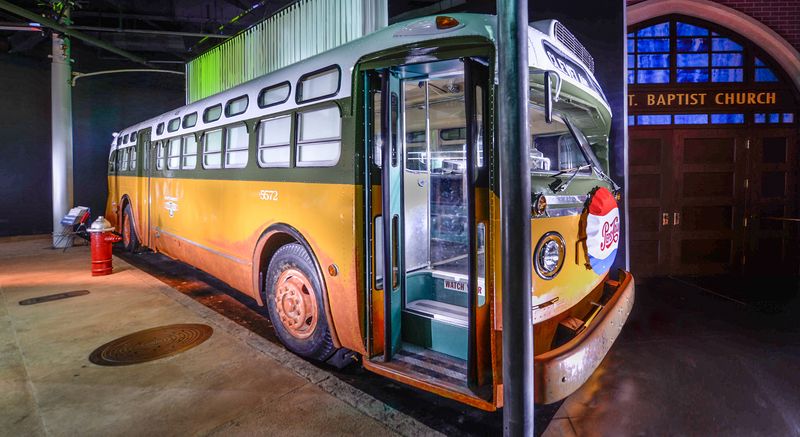
Located in Montgomery, Alabama, the Rosa Parks Museum honors the woman whose simple act of defiance sparked a movement. The museum features exhibits that narrate the Montgomery Bus Boycott and its impact on the civil rights movement.
The museum’s comprehensive displays include a life-size replica of the bus where Rosa Parks made her stand. Interactive exhibits and video presentations bring history to life, allowing visitors to engage with this pivotal event. It is a place of inspiration, illustrating how one person’s courage can ignite change and challenge injustice.
7. The Freedom Rides Museum
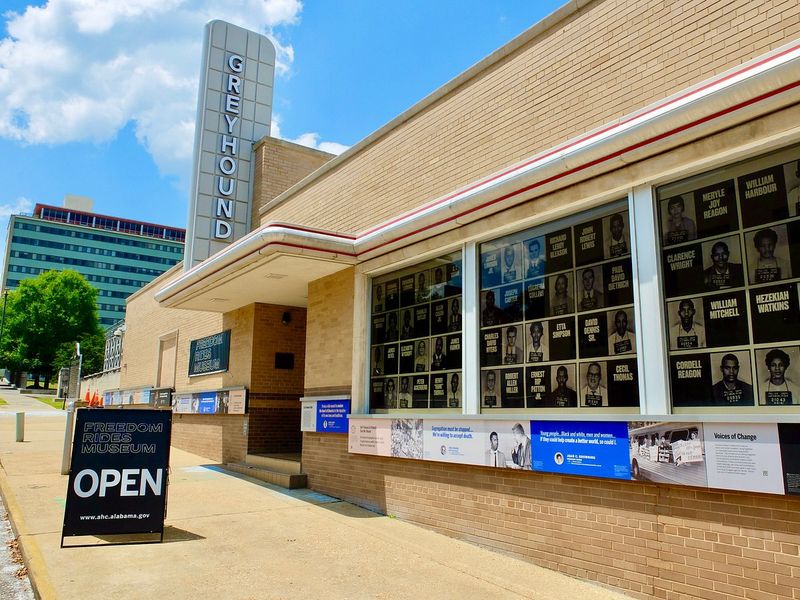
Situated in the former Greyhound bus station in Montgomery, Alabama, the Freedom Rides Museum commemorates the brave individuals who risked their lives to challenge segregation in interstate travel. The Freedom Riders’ courageous journey began in 1961, aiming to integrate bus terminals across the South.
The museum houses artifacts, photographs, and stories of the Freedom Riders’ trials and triumphs. Visitors can trace the journey through powerful exhibits, understanding the perseverance and impact of these activists. This museum honors their legacy, reminding us of the ongoing fight for equality and justice.
8. The National Museum of African American History and Culture
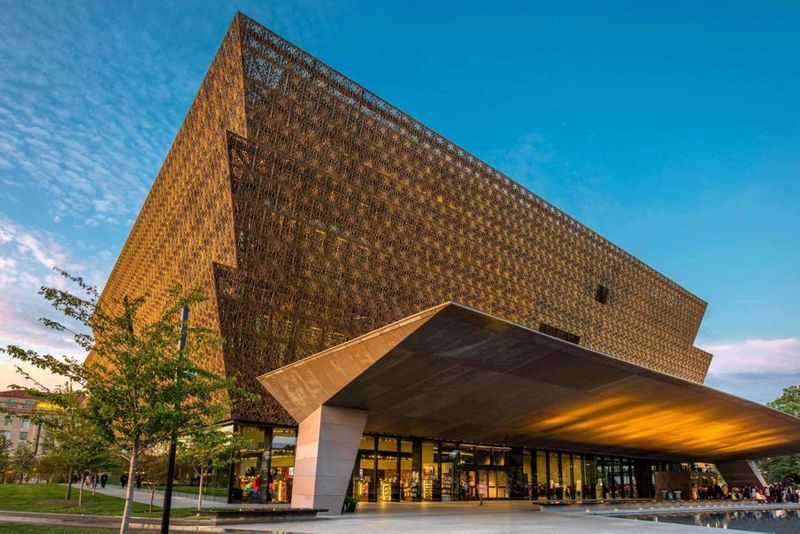
In Washington, D.C., the National Museum of African American History and Culture provides a comprehensive look at African American experiences in the United States. Its vast collections span centuries, covering slavery, civil rights, and cultural contributions.
The museum’s architecture alone is breathtaking, with exhibits offering deep dives into history and culture. Interactive displays, artifacts, and personal stories engage visitors, providing a multifaceted understanding of African American heritage. This museum is a national treasure, celebrating achievements and addressing challenges, fostering awareness and appreciation for African American history.
9. The Emmett Till Interpretive Center
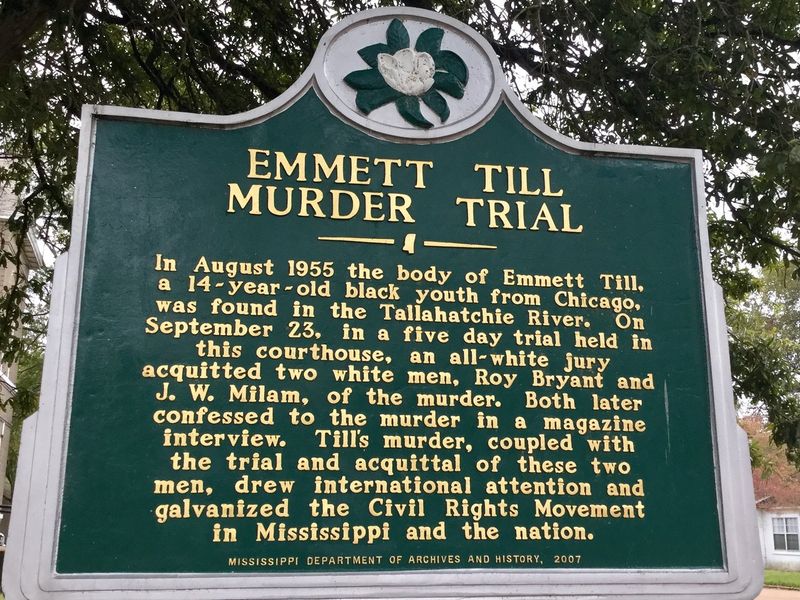
The Emmett Till Interpretive Center in Sumner, Mississippi, preserves the memory of a young boy whose tragic death became a catalyst for change. Emmett Till’s brutal murder in 1955 shocked the nation and fueled the civil rights movement.
The center provides educational exhibits and memorials that honor Emmett’s life and legacy. Through storytelling and reflection, visitors grasp the impact of racial violence and the drive for justice that followed. This center is a solemn and powerful reminder of past injustices, underscoring the importance of confronting and learning from history.
10. The Whitney Plantation
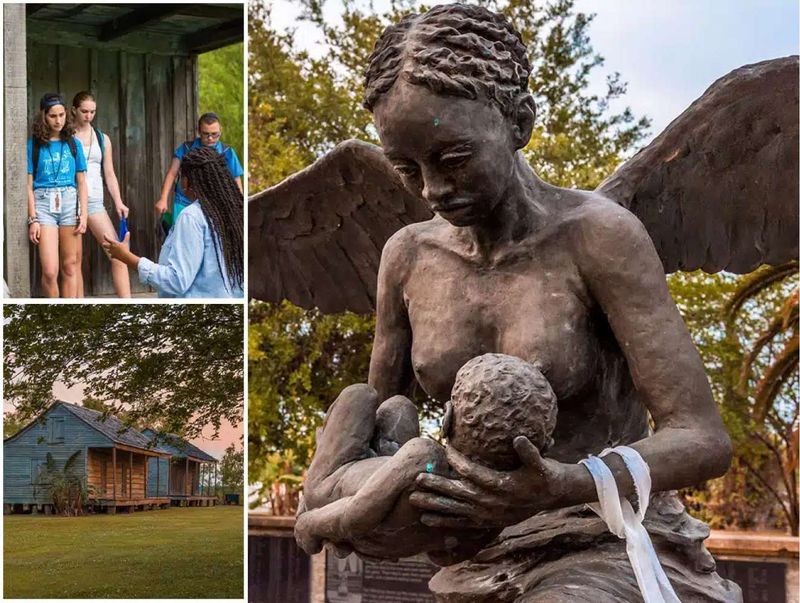
In Louisiana, the Whitney Plantation offers a unique perspective on the lives of enslaved people. Through guided tours and powerful exhibits, visitors learn about the harsh realities of slavery and the resilience of those who endured it.
The plantation’s memorials and restored buildings provide context and depth, honoring those who suffered under slavery. Each corner of the Whitney Plantation tells a story, creating an immersive experience that encourages reflection and understanding. It is a place of remembrance, education, and commitment to acknowledging and addressing the injustices of the past.
11. The African American Civil War Museum
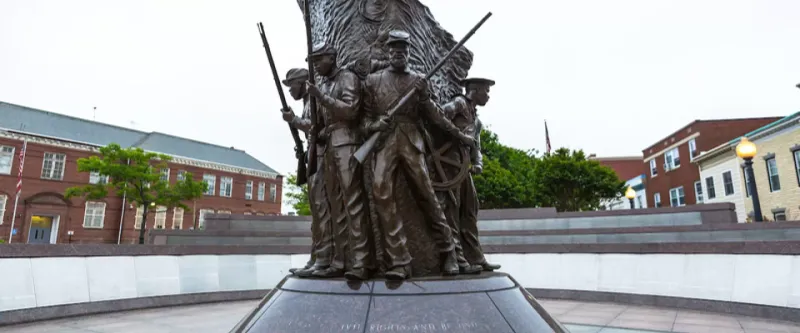
Dedicated to the contributions of African American soldiers during the Civil War, the African American Civil War Museum in Washington, D.C., illuminates a lesser-known aspect of history. Through exhibits and artifacts, the museum honors the bravery and service of the United States Colored Troops.
Visitors explore the stories of these soldiers and their fight for freedom and equality. The museum’s engaging displays provide insight into the challenges faced by African American soldiers and their significant impact on the war and beyond. It is a tribute to their courage and a reminder of their legacy.
12. The National Voting Rights Museum and Institute
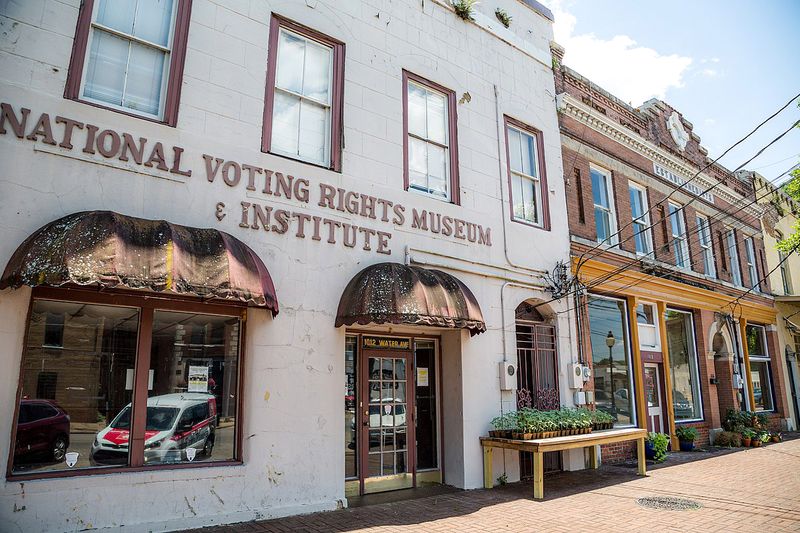
Located in Selma, Alabama, the National Voting Rights Museum and Institute stands dedicated to the struggle for voting equality. Situated near the famous Edmund Pettus Bridge, the museum offers exhibits that explore the history of voting rights in America.
Visitors learn about the activists who fought tirelessly for voting reform and the challenges they overcame. The museum’s displays include personal stories, artifacts, and educational programs, emphasizing the importance of voting rights in a democratic society. It is a place of empowerment and education, inspiring continued advocacy for equality.
13. The Medgar Evers Home Museum
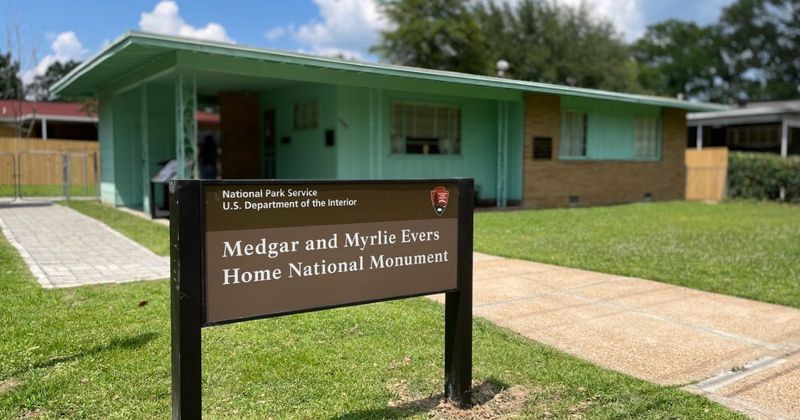
In Jackson, Mississippi, the Medgar Evers Home Museum honors the life and legacy of a courageous civil rights leader. Medgar Evers, a prominent figure in the movement, was assassinated in his driveway in 1963, galvanizing the fight for equality.
The museum preserves his home and offers exhibits that reflect on his contributions and sacrifice. Visitors gain insight into Evers’ dedication to justice and the broader civil rights struggle. This museum serves as a poignant reminder of the risks activists faced and the enduring impact of their work, inspiring future generations.
14. The Brown v. Board of Education National Historic Site
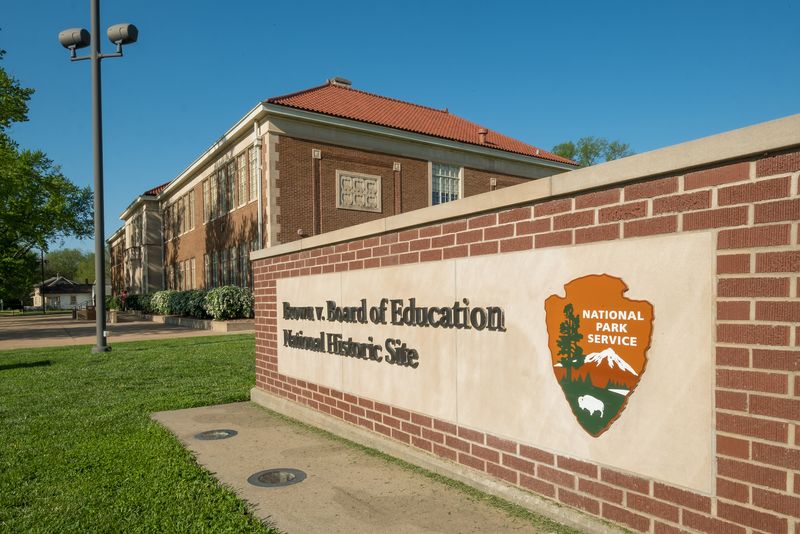
The Brown v. Board of Education National Historic Site in Topeka, Kansas, commemorates the landmark Supreme Court case that ended racial segregation in public schools. The site, housed in Monroe Elementary School, provides educational exhibits and insights into the case’s significance.
Visitors learn about the legal battle and its impact on American education and society. The exhibits highlight the courage of those who challenged segregation and the resulting progress in civil rights. This site honors a pivotal moment in history, emphasizing the ongoing fight for educational equality and justice.
15. The Harriet Tubman Underground Railroad Visitor Center
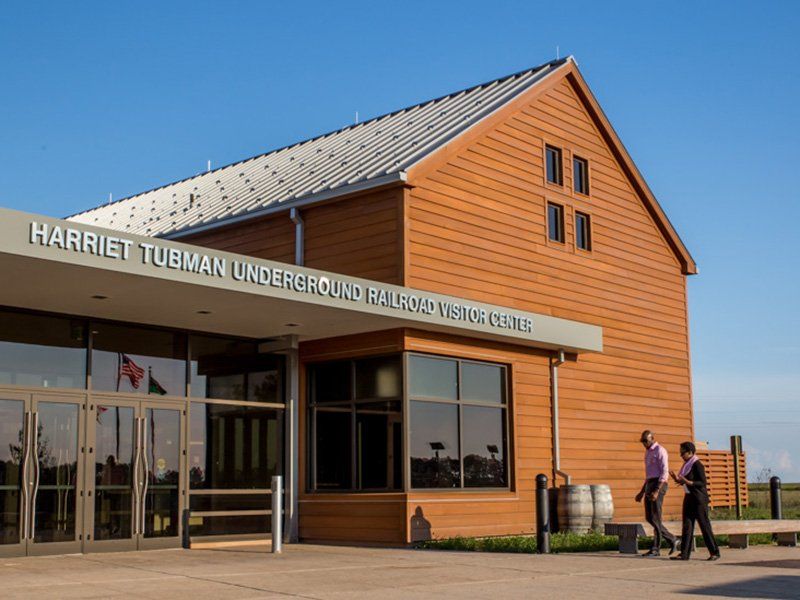
In Church Creek, Maryland, the Harriet Tubman Underground Railroad Visitor Center celebrates the life and legacy of the legendary abolitionist. Tubman’s courageous efforts to lead enslaved people to freedom are honored through interactive exhibits and storytelling.
Visitors can explore the surrounding landscapes, which played a crucial role in the Underground Railroad. The center offers a comprehensive look at Tubman’s life, her daring missions, and her enduring impact on the fight against slavery. It is a place of inspiration, courage, and resilience, reflecting Tubman’s indomitable spirit and legacy.
16. The John Lewis Mural
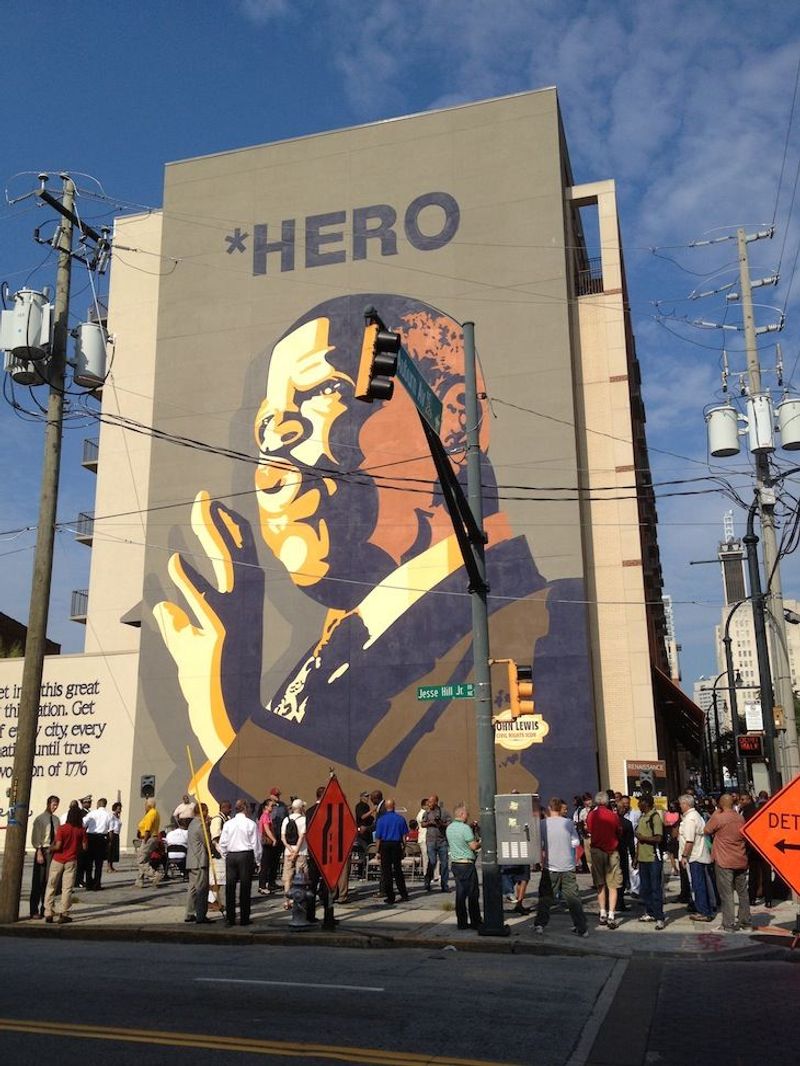
In Atlanta, Georgia, the John Lewis Mural pays tribute to a civil rights icon whose dedication to justice and equality inspired generations. The mural, rich in color and symbolism, captures Lewis’ spirit and unwavering commitment.
Visitors to the mural are reminded of Lewis’ pivotal role in the civil rights movement, from participating in the Selma March to serving in Congress. The artwork serves as a visual testament to Lewis’ legacy and encourages reflection on his life’s work. It stands as a powerful reminder of the ongoing fight for civil rights and equality.
17. 16th Street Baptist Church
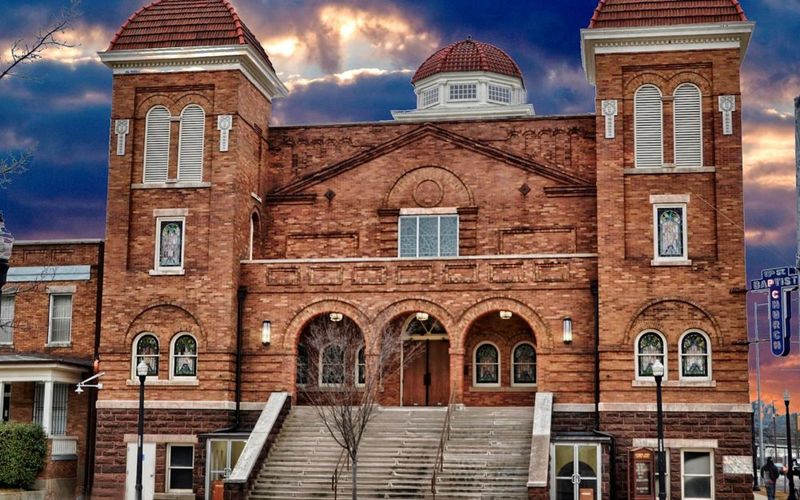
In the heart of Birmingham, the 16th Street Baptist Church stands as a solemn reminder of resilience. This church became infamous in 1963 when a tragic bombing took the lives of four young girls, shaking the nation. The building’s haunting beauty, with its tall stained glass windows, invites reflection on the courage of those who fought for justice.
Inside, the echoes of past congregations can almost be heard, reminding visitors of the pivotal role this church played during the civil rights movement. Its history serves not only as a memory but as a call to action for future generations.

